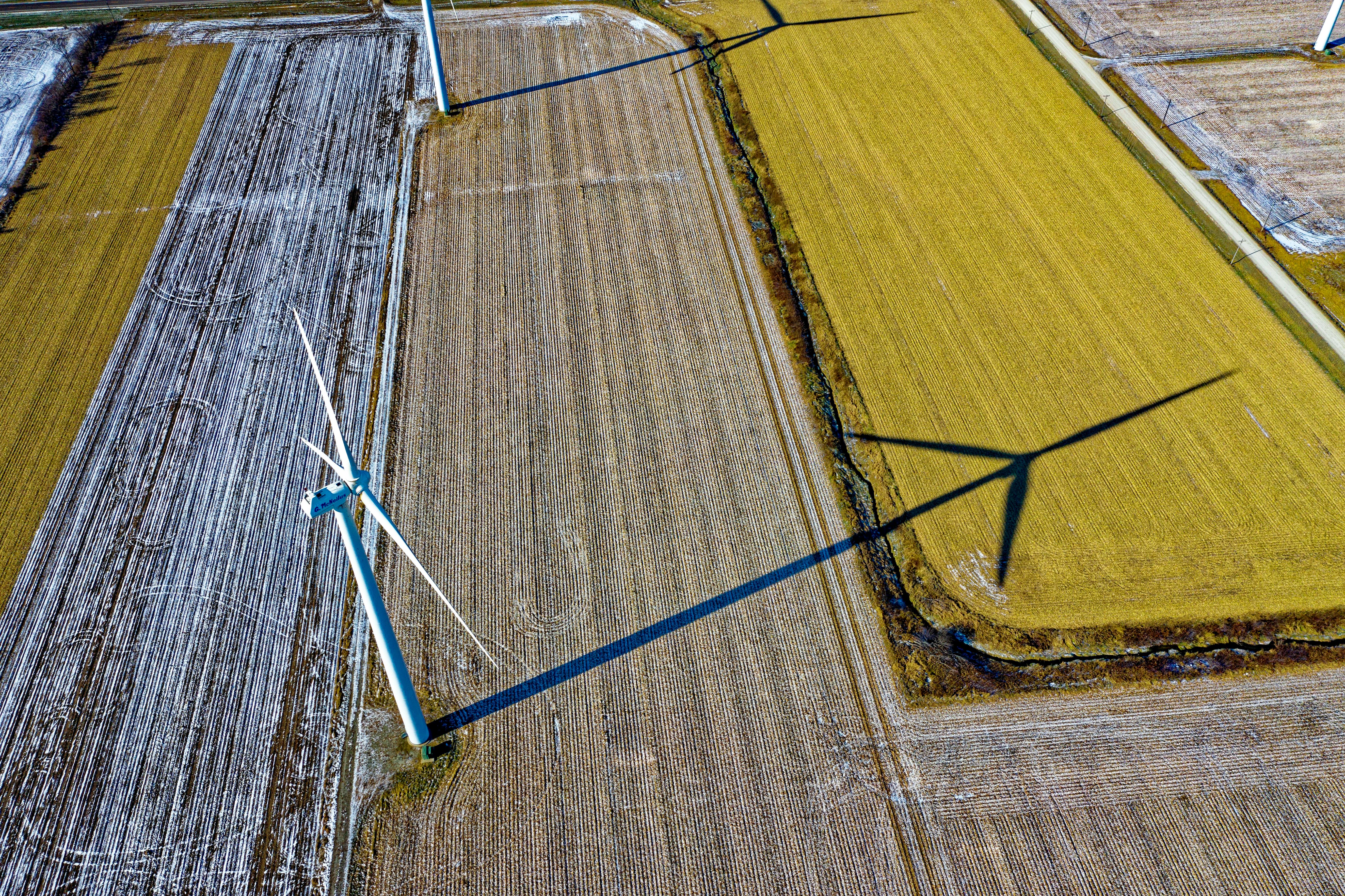Sorry Vista and 2000 (and earlier), but this article is specifically for those of us running Windows XP. Although some of these options will work on other operating systems, this article is about how to fix slow computers: Windows XP quick tricks.
Windows XP Quick Repair Trick #1
Apply Windows updates. Especially if your computer has occasional or constant access to the Internet, it is imperative to keep your system up to date with patches and packages. If you don’t keep your PC up to date, you leave your computer at extreme risk of being hacked, hacked, and invaded.
To make sure your PC has the latest fixes and that your system is set up for automatic updates, open Internet Explorer, go to Tools, and select Windows Update.
Quick Trick #2 to Fix Windows XP Errors
Do you have an antivirus or malware scanning program? If not, there are numerous free and low-priced downloads on the internet that keep your PC free from viruses and malware infiltration efficiently.
Viruses and malware can act like rust on the gears of your PC, slowing it down and significantly reducing performance. Be sure to use a good antivirus and malware scanning program and keep automatic updates turned on to ensure constantly up-to-date protection for your PC. Also, scheduled nightly scans while you sleep are more convenient for PC users during the day.
Quick Windows XP Trick #3
Removing unnecessary programs and software that are no longer needed on your PC can greatly increase PC speed. Many downloaded and installed programs include add-on software that clogs up your hard drive and causes delayed startup time, decreased loading time on web pages, and generally impairs your PC’s performance.
To remove programs from your XP PC:
o Go to Start menu > Control Panel > Add or Remove Programs.
o Delete programs and remove programs that you know you no longer need or use.
Quick Trick to Fix XP #4
Do a quick and easy Windows cleanup (and repeat monthly). Use these tools:
o Disk Cleanup – Start > All Programs > Accessories > System Tools
o Disk Defragmentation – Start > All Programs > Accessories > System Tools
o Check Disk – Start > Run > “CHKDSK”
o SFC Scan – Start > Run > “SFC /SCANNOW”
Disk Cleanup, as the name suggests, will clean up your hard drive. Removing unnecessary files, compressing old files to save disk space, and giving you options to remove unnecessary Windows components helps Disk Cleanup in its task.
Disk Defragment will defragment, sort and organize all the files on your hard drive. Disk Check is a scan that will locate and fix any errors on your hard drive. System File Checking Scan will scan and locate any errors in your system files and fix them.
Using these four quick tricks will help speed up and optimize your PC’s performance, leaving you with a faster, more responsive, and better protected PC. After fixing your slow computer, it’s a good idea to try to maintain it with an advanced registry cleaning tool.
